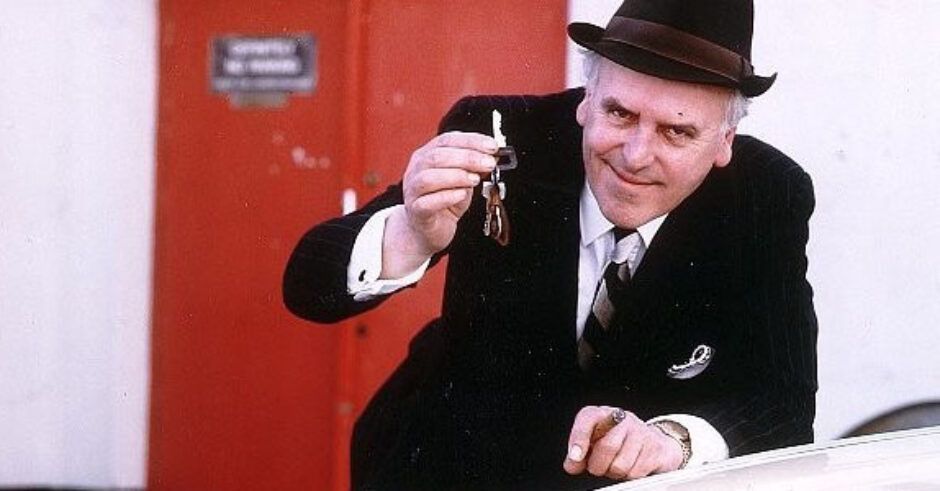The subject I’ve learned most about in the last couple of years has centred on dealing with suppliers. I cut my IT-teeth in the Nasty 90s world of screw-em-down-then-kick-em-out contracts, but that won’t work for me these days. First, my programme doesn’t need that; and second, the big wide world doesn’t work like that anymore. So, to stop anyone else wasting time on old-school pointlessness, here are my best three recent lessons:
1. The spec isn’t the spec any more. Our current transformation programme uses agile-with-an-end-date development. So I know where we need to get to. But what I’m buying from the developer company is their expertise in how to get there. So unlike the olden days, I can’t spec it. I just have to state the goal. And yes, that means I have to let go of control and trust the supplier to be honest, clever and competent. And that’s not just true for development – in this world of fast-evolving technology, the same applies to buying easily-upgraded comms kit for Facilities or helping Marketing teams get the best app solution. So how do we trade like this that without getting stung?
2. Success Contracts. You always need the right contract for the job. Sometimes that’s a humdinger of a Master Service Agreement with 400 pages covering every possibility including what to do in the event of a plague of locusts. But the contract can be equally suitable at a handful of pages. All contracts just need to be clear on two things: a) the required outcome; and b) the option and arrangements for either party to exit the contract if they are not experiencing the required outcome.
This is exactly the same territory as the Pre-Nup. People don’t like talking about the escape-hatch-clause when they’ve just met and it’s all very hearts-and-flowers. But dispassionately agreeing a contract that you can terminate if you’re not getting what you want is essential. It is both good governance and it assures a good quality of service (oh, and it guarantees well-behaved buyers). And it means you can relax … and trust them:
3. Trust and transparency. With a success contract, it’s in the supplier’s best interests to do a fabulous job. But of course, no contract will really work if there’s an imbalance – one side feeling they’re not getting a good deal. So there also has to be an utterly transparent relationship. Both parties have to trust each other to deliver. Everyone needs to be clear about how we are sharing responsibility. And there needs to be a fair level of reward. That’s not just the old model of “cash for them”, but a fair sharing of ideas, innovation and IP. It’s a more complex relationship to develop than the old master-slave relationship of buyer-vendor; but it is more productive, more enjoyable, more stable and will last much, much longer….
PS. I proudly mentioned these rather nifty bleeding-edge ideas to a colleague from Marketing. She started to shuffle away, smiling nervously. When I pursued this, she cringingly explained she’d done all of these things with Coca Cola: but in 1992….. I was reminded that IT is coming late to a lot of practices our colleagues have been using for years.
That means we’re behind the curve. So what do you think both supply and demand need to do to catch up?


